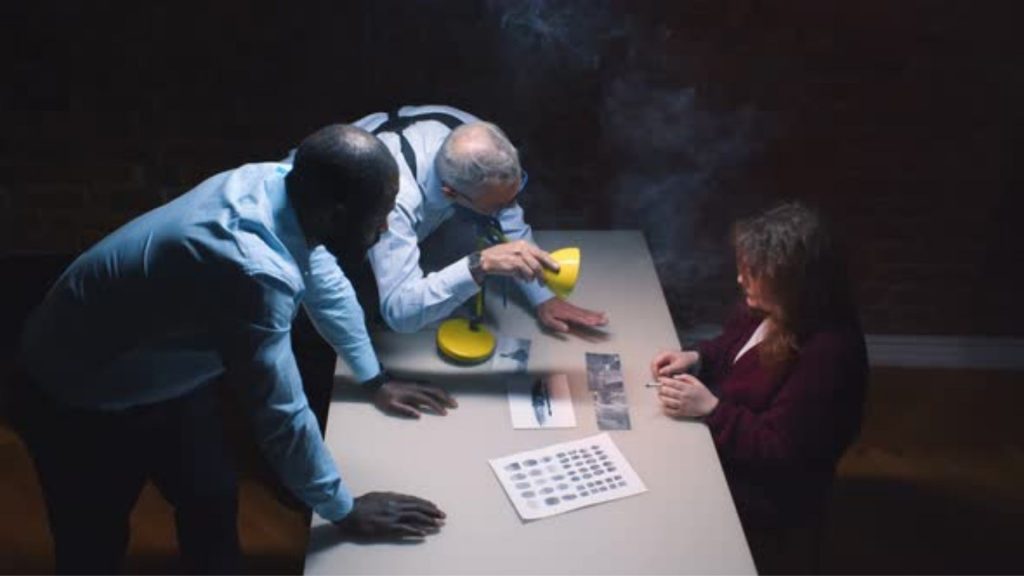The post-interview. Witnesses may be hesitant to supply information voluntarily, especially when it may implicate their actions or the actions of those they supervise or with whom they work. In the same way, a witness’s recollections of events often fade with time and may be inconsistent with recollections of other witnesses. Documents are important in the process of refreshing a witness’s memory and might also assist in reconciling conflicting recollections. Documents can also help determine or assess a person’s intent or motive in doing something.
Post-Interview: Collection And Review Of Informative Documents
Please take precautions when handling documents in an investigation. Original documents should not be marked or changed in any way. An original document is any document that is received by the investigation team, even if it is a copy. It does not include any copies made by the team. For a working copy of the document, copy the original. Put the original in the file, and mark the copies as needed. Following this practice will avoid an unwanted alteration of original documents and ensure that these documents will not be invalidated or challenged later as a result of the markings.
The authenticity of documents may become very important in cases where document alteration is suspected. Therefore, in some instances, it may become necessary to obtain the same documents from more than one independent source. Be sure to indicate which copy of the document came from which source.
Investigative Interview
In most investigations, interviews are the primary tool used by investigators to learn what happened. Investigators must frequently rely almost entirely on statements from key players and witnesses, who may contradict one another. If the main players flatly deny each other’s claims, you must determine who is telling the truth.
In these “he said, she said” situations, how do you determine which story is more credible? The first step is to conduct interviews with the goal of gathering as much information as possible. The more information you can elicit from each witness, the easier it will be to determine what occurred and why.
Keep Your Opinions to Yourself
As your investigation progresses, you will undoubtedly form some opinions about what actually occurred. However, you should not share your thoughts with witnesses. Witnesses will be less likely to speak freely with you if you imply, through your statements or the tone of your questions, that you have already made a decision. Some witnesses may be afraid of contradicting your version of events, while others may believe it is pointless to explain what actually occurred if you have already made up your mind. In the worst-case scenario, a witness may believe you are conducting an unfair or biased investigation and file a court challenge.
Find Out About Other Witnesses Or Evidence
Look for leads at all times. Inquire with each person you interview about any additional witnesses or physical evidence related to the incident. If the witness is the accused or complaining employee, inquire whether anyone else witnessed or heard the alleged incidents. Inquire whether they informed anyone about the incident when it occurred. Determine whether they made any notes about the problem or whether any workplace documents—for example, emails, memoranda, or evaluations—relate to the incident.
Final Thoughts
Take careful notes during each interview. Include the date, time, and location of each interview, as well as the witness’s name and whether or not anyone else was present. Include all important facts that the witness relates or denies, using the witness’s own words whenever possible, rather than just the witnesses’ conclusions. These notes will help you remember what each witness said when you make your decision. They will also assist you in defending your investigation in court if it is deemed biased or incomplete.





